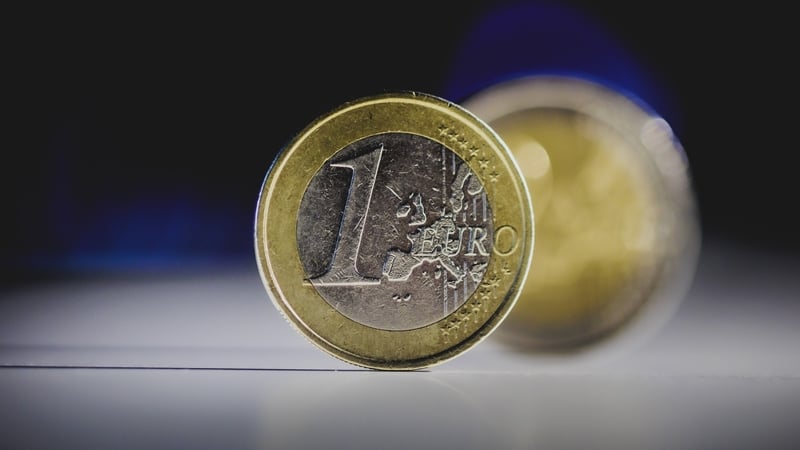European Union finance ministers gave formal support today for Bulgaria to adopt the euro currency, paving the way for the country to become the 21st member of the euro zone from January 1, 2026.
The backing of the ministers follows positive assessments of the country’s readiness from the European Commission and the European Central Bank. It will be endorsed also by EU leaders at a summit in Brussels on June 26.
The exchange rate at which the Bulgarian lev will be converted into euro will be set by EU finance ministers at their meeting in early July, giving Bulgaria six months to prepare the technical transition for the start of the year.
Bulgaria has been striving to switch its lev to the euro since it joined the European Union in 2007.
But after such a long wait, many Bulgarians have lost their initial enthusiasm, with 50% now sceptical about the euro, according to a Eurobarometer poll in May. Some Bulgarians fear the currency switch will drive up prices.
Bulgaria’s euro adoption will come three years after the last euro zone expansion, when Croatia joined the single currency grouping at the start of 2023.
The accession of Bulgaria into the euro zone will leave only six of the 27 EU countries outside the single currency area – Sweden, Poland, Czech Republic, Hungary, Romania and Denmark.
None of them have any immediate plans to adopt the euro either for political reasons or because they do not meet the required economic criteria.




